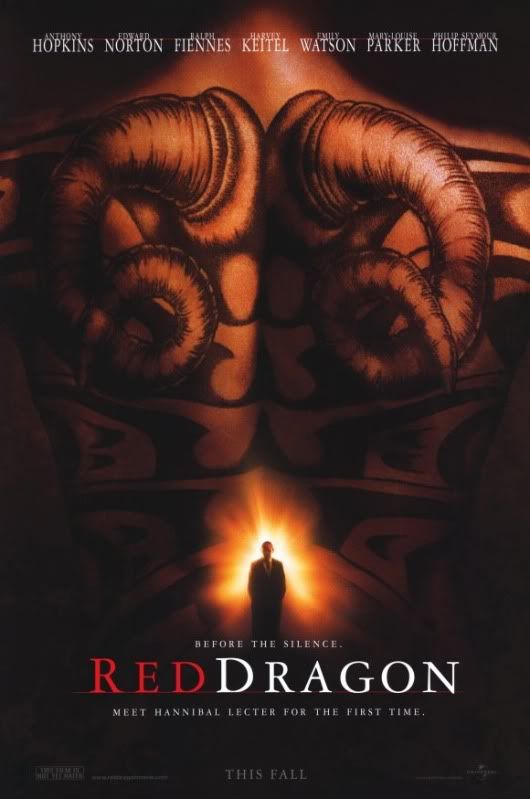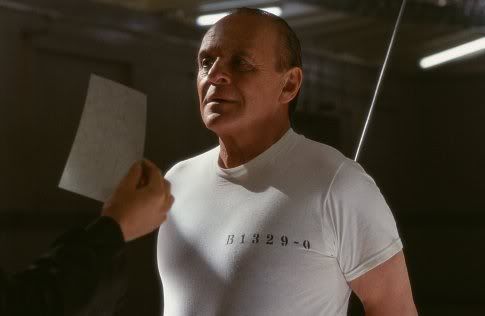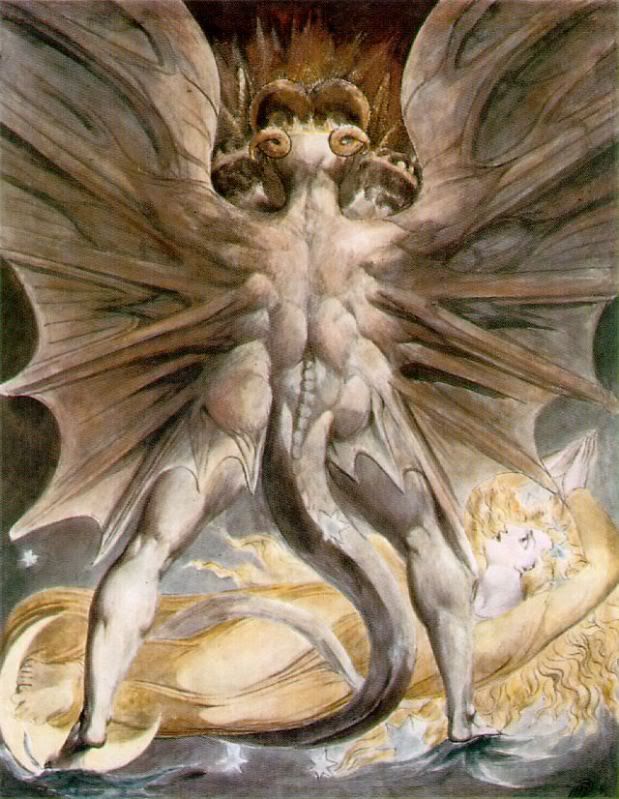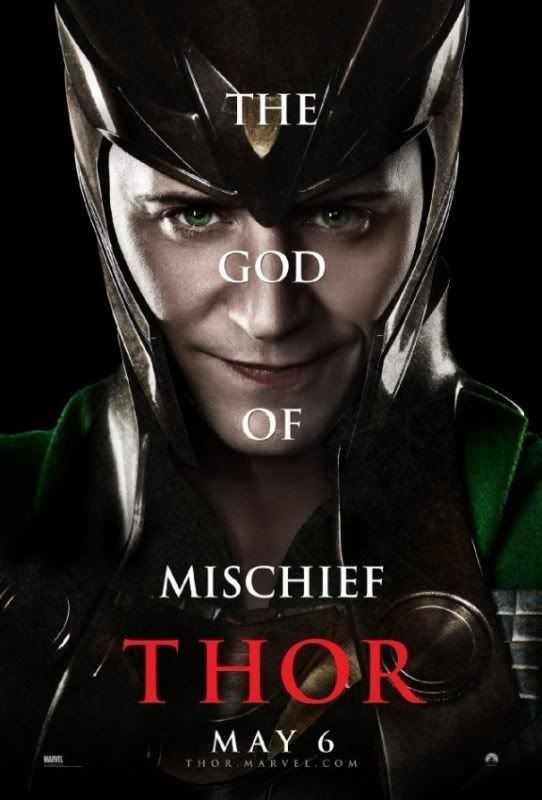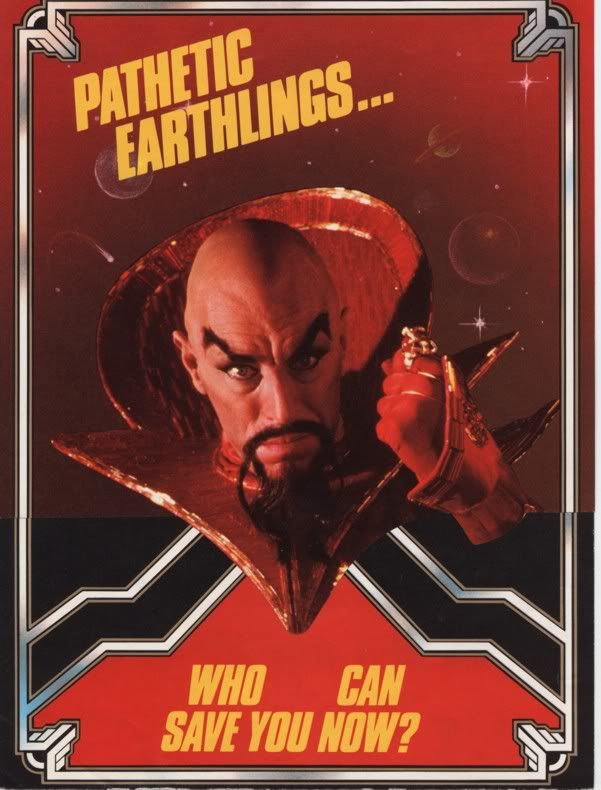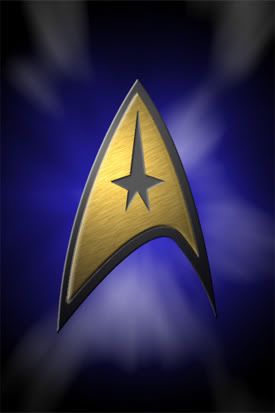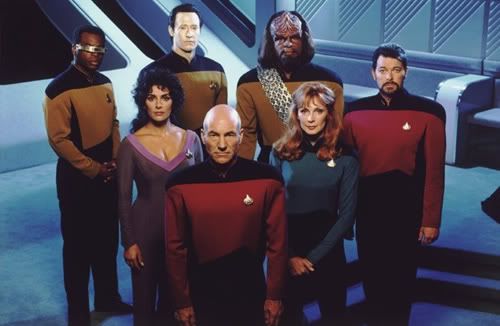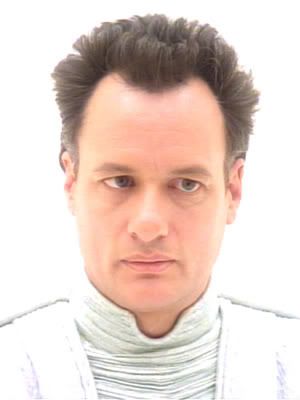For the Terribleminds flash fiction challenge, Five Words Plus One Vampire.

The cockroach scuttled across the insulating layer of dust on the floor. David frowned as he swept his flashlight across the gatehouse interior. The castle had apparently been abandoned for the better part of a century, according to the locals. Nobody seemed to want to say much, though, and the taxi driver had been quite eager to leave once he’d drop the pair off.
“Can you imagine?” Victoria’s voice echoed slightly in the murder holes above them. “Plenty of ski resorts in Romania are near castles, but none of them have one as its centerpiece!”
David kept walking towards the interior side of the gatehouse. His wife had been just as skeptical as he was, but being a venture capitalist meant taking the occasional risk. Two successful start-up companies back in the States gave him plenty to work with, and Victoria’s nose for real estate opportunity had put his businesses in fantastic locations.
“I think there’d be a lot of up-front work to do.” It was the most tactful way he could disagree with her.
“Naturally. But it’s removed from major tourist centers, the drive up was lovely and getting electricity up here wouldn’t be that hard.” She smiled at him encouragingly. “Come on, there’s more to see.”
They emerged from the gatehouse into the courtyard. Towers loomed over the pair of Americans as they crossed the cobblestones. The fountain in the center had been dry for years. David caught sight of a rat scurrying along one of the walls to his left. The great hall dominated the section of wall across from the gatehouse. Victoria was at its massive double doors before David could say a word.
Within, portraits of people long dead watched them investigate the quiet stasis of the castle. Despite the windows, the interior was much darker than he had expected. The flying buttresses high above showed no rot, at least. But David could not shake the feeling that it was wrong for them to be here.
“I love old castles. They were built to last.” Victoria was still smiling. “This place must have been beautiful in its prime.”
“Oh, it was.”
Both of them turned to aim their flashlights at the interior door of the great hall. Standing there, holding a candle, was an elderly man in a dark robe. David narrowed his eyes. The robe seemed to be consuming him, a bit of the red lining visible under the black velvet. His voice was as withered as his form, but strong.
“Forgive me for startling you. You are tourists, yes?”
Victoria found her voice first. “Sort of, yes. I’m sorry, we didn’t know someone still lived here. The locals…”
The old man waved his hand dismissively. “Pah. They fear what they do not understand. My obligation to my family, this castle, is one I will not abandon. They do not understand it.”
David’s frown returned. “You live here alone?”
“Yes. Hence why it is not as lovely as it once was. I am only one old man, you see.” He cackled softly and David looked at Victoria. She was rolling her eyes when the rain started.
“We better go. Sorry again for disturbing you.”
“Go? In this downpour? You are brave indeed, my boy.”
He looked out the window. The rain was coming down in sheets. All he could see was water flowing down the glass. How had it hit them so quickly?
“Come, I have food to offer. You vill be my guests for zee evening.”
They followed him through a dark corridor leading down the anterior wall to one of the towers. Within was a small reception room and a staircase on the wall leading both up and down. Sure enough, a small roasted game bird was waiting for them, with some fruit and vegetables. The old man, introducing himself as Nicu, told of how the castle once defended the valley and its villagers from raiders and Cossacks. Victoria listened with interest while David examined the bottle of wine. Despite the decay in the rest of the castle, things here seemed fine. Maybe the old man really had just let the maintenance get away from him.
The rain did not abate, and Nicu invited them to stay the night. Above the small dining area were a pair of solars, a room for each of them. David tried to call home but got no signal. With the rain outside and a long day of travel behind him, he settled into bed.
He awoke when he felt her on top of him.
“You look so peaceful when you sleep, David.”
He blinked. Victoria straddled him on the wide bed, smiling down at him. She was wearing Nicu’s robe, and nothing else. It hung open, pale flesh and curves luminous in the moonlight. Her hands slid the blankets away from his chest.
“Vicki, what…?”
“Hush.” Her lips pulled back from her teeth as her smile widened. They were as red as the lining of the robe. “Nicu has shown me his true self, and we have much to do, you and I.”
“I don’t understand.”
“And that is your protection.” Her fingers slid over his neck, felt his pulse. She inhaled, and David couldn’t deny it was an enticing sight. “Your heart… it’s beating so fast.”
“I’m married…”
“She is unimportant. The castle will live again, thanks to us.”
“What do you mean?”
“You will see. But first, let me show you what Nicu showed me.”
She licked her lips and gasped as she slid against him, feeling the response he could not hide. Fangs descended into the darkness of her mouth.
“I am his queen, and you our servant. When I finish with you, your will shall be ours. Don’t fight it, David. I know you want this.”
He admitted he’d had his fantasies, and wondered if this was a new one. It was when he felt the fangs in his neck that he started screaming; in pain at first, then for other reasons entirely.


